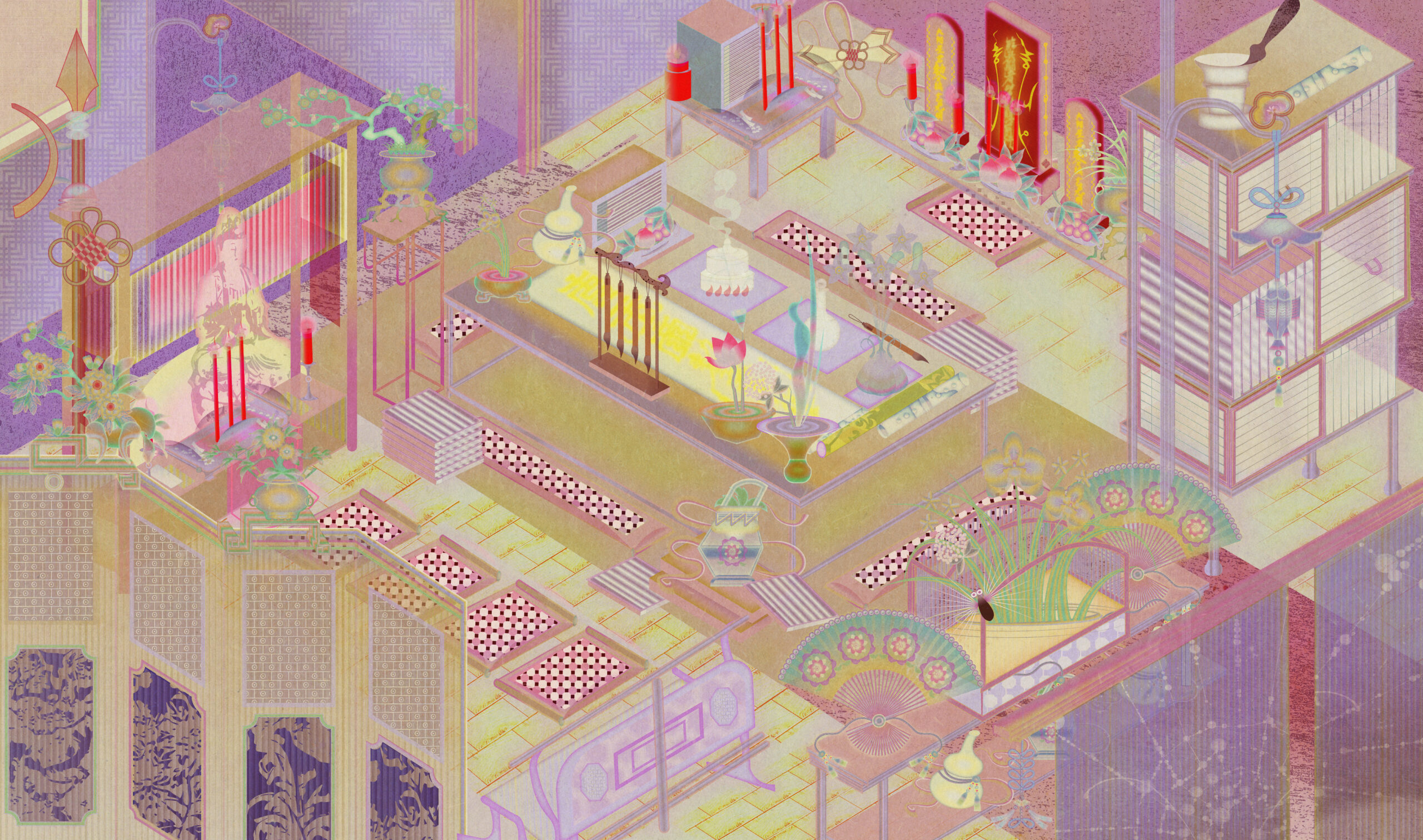Alt Lit
| June 16, 2015 | Post In 2015年6月号
Tao Lin: What is something you did today that is related to literature?
Wu Dada: Actually, there is not much literary stuff in my daily life. If we are talking about today only, I could tell you a moment that literature took place and disappeared. I sat on the chair, poured myself a glass of sake and watched the jogging crowds. Now I realized that, I’d better write something down to capture this moment. Is this a literature related thing that I ‘did’?
Tao Lin: Yes, that is a literature thing to me. Thank you for sharing.
Wu Dada: Hello Tao, What does improvisation mean to you? Like when you are making music, do you consider the expression of ‘emotion’ as your primary motive, or something else, such as ‘free composition’?
In some situations, when you are writing, can you find the boundary between ‘controlled writing’and ‘improvised writing’?
Tao Lin: Improvisation to me doesn’t apply to writing. I don’t feel that I’m improvising when I’m writing. I’m usually focused on describing an image, a feeling, a scene, a sound, a smell, or some other thing. When I’m doing that, it doesn’t feel like improvisation. It feels more like work. I connect improvisation more with speaking than with writing. When I’m speaking about something I haven’t thought about before, or when I’m pretending to be an expert on something when I know that I am not, I feel like I’m improvising.
Sometimes people apply the term “stream of consciousness” to my writing, but the actual writing is very slow with maybe 90% of the time spent on editing. What about your writing?
Wu Dada: I don’t have an entire chunk of time to spend on writing, so my writing is basically divided into many little fragments. It is more like capturing floating thoughts, rather than a think-write-edit thing. I really enjoy the speed of typing out your mind onto your phone or tablet, I would compare it to speed driving. In recent months, I tend to write on the tube or bus, in the crowd, during my commute. Stand or sit, it doesn’t matter, sometimes I even sit on the floor on the train, next to my scooter, writing about the people I just saw, their conversations and unconscious faces.
So my writing is like a street shot thing, I reckon.
Wu Dada: What do you think of ‘sound poetry’ ? Personally, what sense do you get hearing sound poetry based on Sino-tibetan and Indo-European languages? Can you describe any experience hearing or reading multi-linguistic text?
Tao Lin: I enjoy ‘sound poetry’ the same way that I would enjoy a waterfall, meditation, or just sitting quietly and thinking for 10-20 minutes. But I prefer doing the other things instead of hearing ‘sound poetry’, or at least I have preferred the other things to ‘sound poetry’ up until this point in my life. I’m 31. I don’t think I have heard nearly enough sound poetry (I’ve only attended maybe six readings at most in my life where sound poetry was read, and it was always in English only I think) in enough different languages to have had any thoughts on hearing multi-linguistic texts.
Tao Lin: How old are you? When did you first hear of ‘sound poetry’? What is your history with it? Do you like it?
Wu Dada: I am 28 and I first heard sound poetry at 22, in Russia. I think their people have this tradition of free style speech. Maybe it’s just an alcohol driven thing. Maybe they just got the sprit like this. Anyway, living in Russia gave me motives to perform sound poetry. It’s not a listen-and-follow thing, it’s not a reaction to others’ performing experience. It’s just a thing, I find myself having to do it.
I think many verbal speech/activities could be considered sound poetry. I like it. There’s no need to define sound poetry. I think Linton Kwesi Johnson’s poems and the howl full of curse words by an anonymous drunk black on North London streets are both sound poetry. They have beautiful rhymes and give me distinctive listening experiences.

